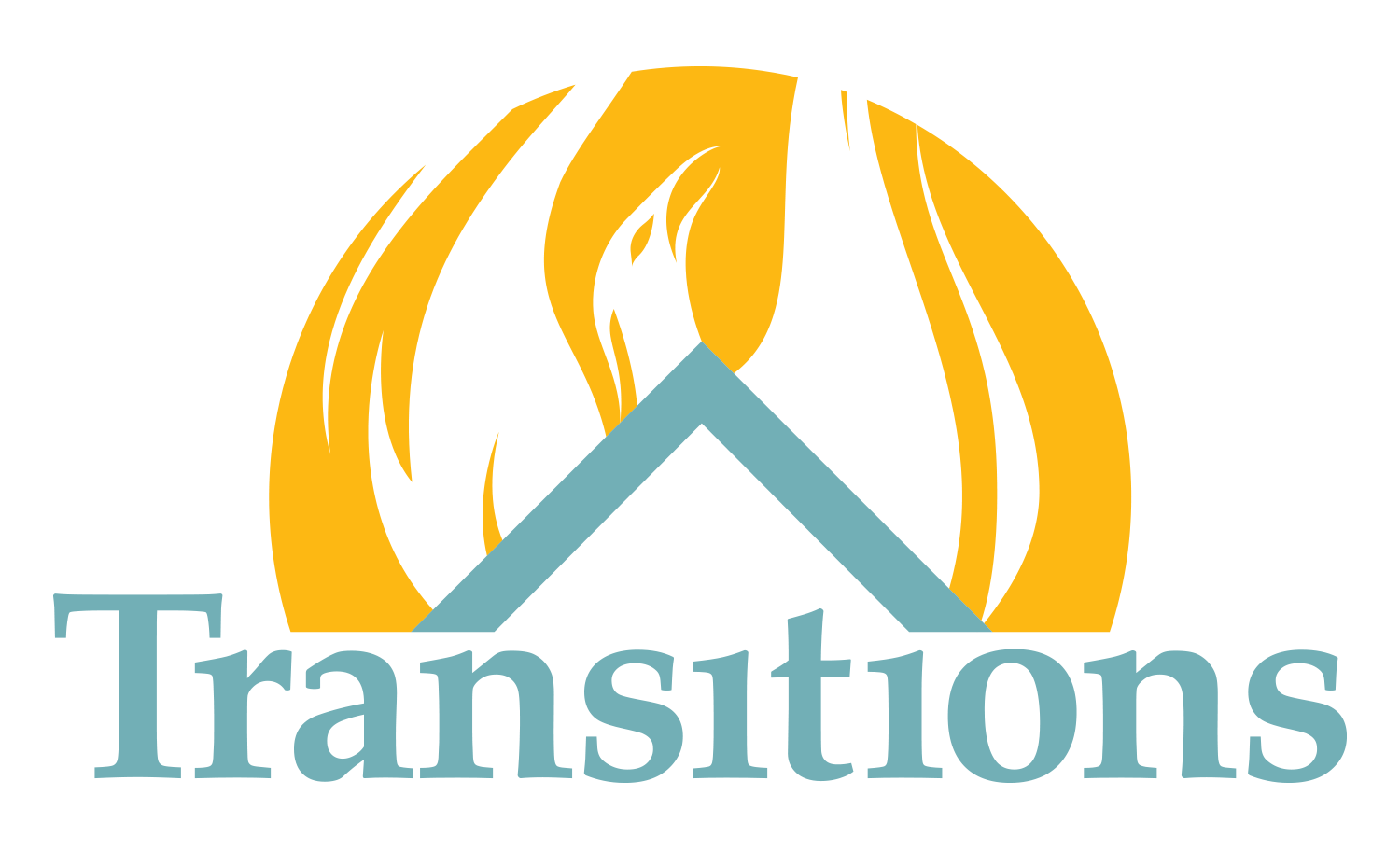Gambling Disorder
The clinical services provided at Transitions, Inc. are evidenced-based, person-centered, and trauma informed. Using a person-centered approach, we identify a person’s strengths, needs, abilities and preferences to determine what will support a successful recovery journey.
We do this during the initial assessment, and throughout a person’s treatment experience. It is during the assessment that we often identify co-occurring disorders that a person may present with, and subsequently need treatment for during their time in residential and outpatient services. Co-occurring disorders can include mental health disorders, medical conditions and behavioral disorders. In this blog, we will discuss one of the possible co-occurring behavioral disorders: Gambling Disorder.
Let’s start with the facts.
Approximately 2.5% - 4% of the U.S. population has a Gambling Disorder (GD).
Approximately 21% of individuals diagnosed with a Substance Use Disorder (SUD) also have a diagnosable GD.
Individuals with a GD are 10 times more likely to commit suicide than the average population.
Despite the similarities of a Substance Use Disorder and Gambling Disorder, there is very little known or written about Gamblings Disorders. Like Substance Use Disorders, Gambling Disorders present with a specific set of symptoms that if left untreated, will progress over time. With the legalization of Sports Betting spreading across the states, we may see an increase in information surrounding Gambling Disoring, and the increased need for specific GD treatment. With easier access to betting and gambling, and perceived acceptance by the general population, more people will participate in very addictive forms of gambling, therefore resulting in the need for treatment.
General forms of Gambling can be a significant relapse trigger for Substance Use Disorders. In addition, despite a successful recovery from SUD, Gambling Disorders can cause significant harm to the individual, their family and loved ones and the community. Proper identification, diagnosing and treatment of both SUD and GD will strengthen the recovery plan and create a better quality of life overall.
Like all other disorders defined in the DSM-V, the following are the criteria for a Gambling Disorder:
Persistent and recurrent problematic gambling behavior leading to clinically significant impairment or distress, as indicated by the individual exhibiting four (or more) of the following in a 12 month period:
a. Needs to gamble with increasing amounts of money in order to achieve the desired excitement.
b. Is restless or irritable when attempting to cut down or stop gambling.
c. Has made repeated unsuccessful efforts to control, cut back, or stop gambling.
d. Is often preoccupied with gambling (e.g., having persistent thoughts of reliving past gambling experiences, handicapping or planning the next venture, thinking of ways to get money with which to gamble).
e. Often gambles when feeling distressed (e.g., helpless, guilty, anxious, depressed).
f. After losing money gambling, often returns another day to get even (“chasing” one’s losses).
g. Lies to conceal the extent of involvement with gambling.
h. Has jeopardized or lost a significant relationship, job, or educational or career opportunity because of gambling.
i. Relies on others to provide money to relieve desperate financial situations caused by gambling.
Transitions, Inc. recognizes the need to provide Gambling Disorder treatment. Individuals diagnosed with a GD will receive specific intervention strategies to address recovery and relapse prevention. If you, or a loved one is concerned about your gambling and/or substance use, we are only a phone call away and ready to provide intervention and treatment.

